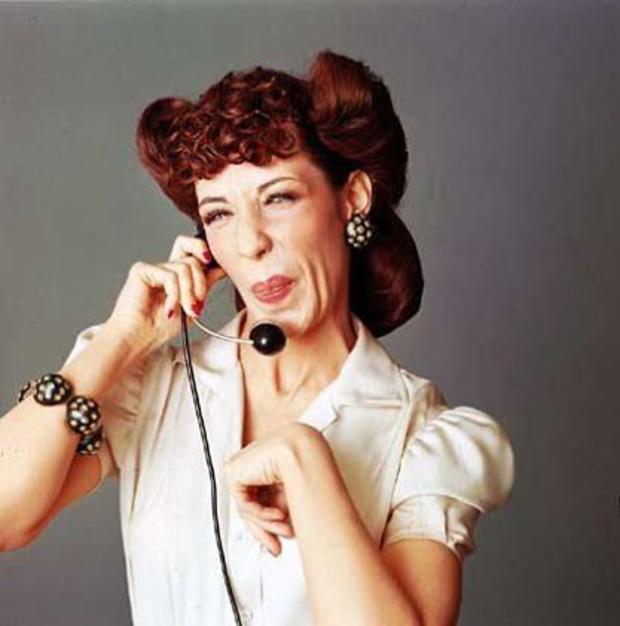Lily Tomlin's humble humor
This piece originally aired on Dec. 8, 2014.
Among the winners at the Kennedy Center Honors was comedian Lily Tomlin. Since the 1960s, she’s lit up the stage and screen with her humble style of humor.
Lily Tomlin’s humor has always packed an ever-so-gentle punch. Edgy comedy was something Tomlin says she admired even as a child, while watching comedians like Jean Carroll.
“Jean Carroll’s jokes. She’d say, ‘I’ll never forget the first time I saw my husband standing on a hill. His hair blowing in the breeze, and he too proud to run after it.’ And my mother would just crack up, you know. She thought it was hilarious, and I could just sense there was something subversive about Jean Carroll, in an acceptable way,” Tomlin told CBS News’ Norah O’Donnell.
The other element Tomlin discovered during childhood was the power of observation -- an easy hobby for a little girl growing up in her family’s west Detroit apartment building, which was full of eclectic tenants.
“Everybody was so interesting and funny, or sad ... They could be brutal and horrible, and then they could be so tender and soft. And I was just privy to all of it.”
Fame would come in 1970, when Tomlin joined NBC’s sketch comedy show “Rowan & Martin’s Laugh-In” and America fell in love with a telephone operator named Ernestine.
Tomlin explained that the audience loved Ernestine because everyone hated the phone company. “When Ernstine would say, ‘Would you be home between April and November?’ It was sort of the truth.”
Ernestine was first in what seems like a never-ending canon of Tomlin’s iconic characters. After “Rowan & Martin’s Laugh-In,” she was everywhere: on small screens, on big screens, on Broadway, crowned “The Queen of Comedy” on the cover of Time magazine. All that was no small feat for a feminist who refused to take on roles that demeaned women.
A dichotomy that can easily be used to describe Tomlin and her body of work: likeable and laughable, all at once.
“I always had an act because I’ve had an act since I was a child that I could pull out of my back pocket. And I’ve always said it was my act that kept me off ‘The Match Game.’”
Produced by Molly Kordares
